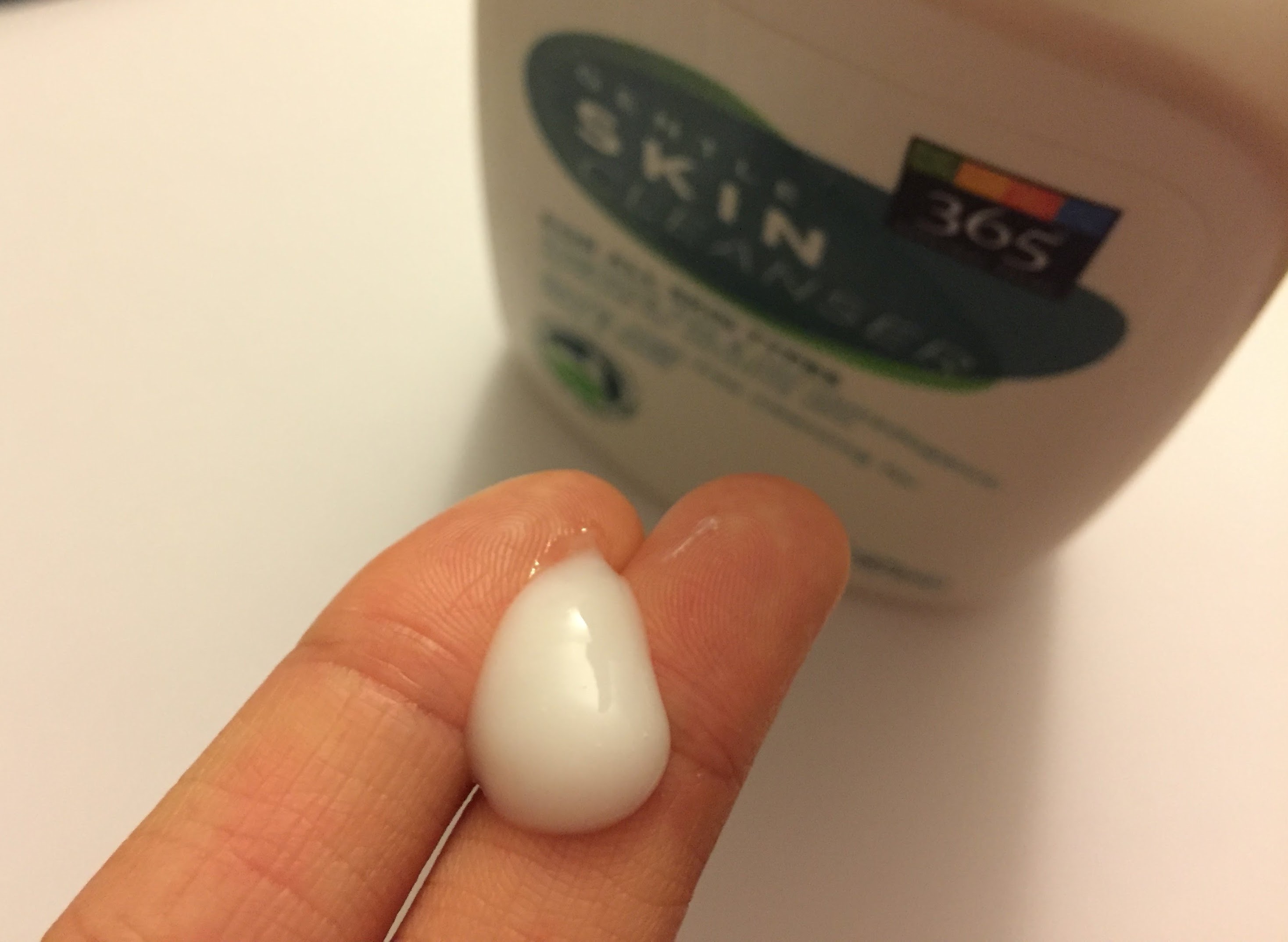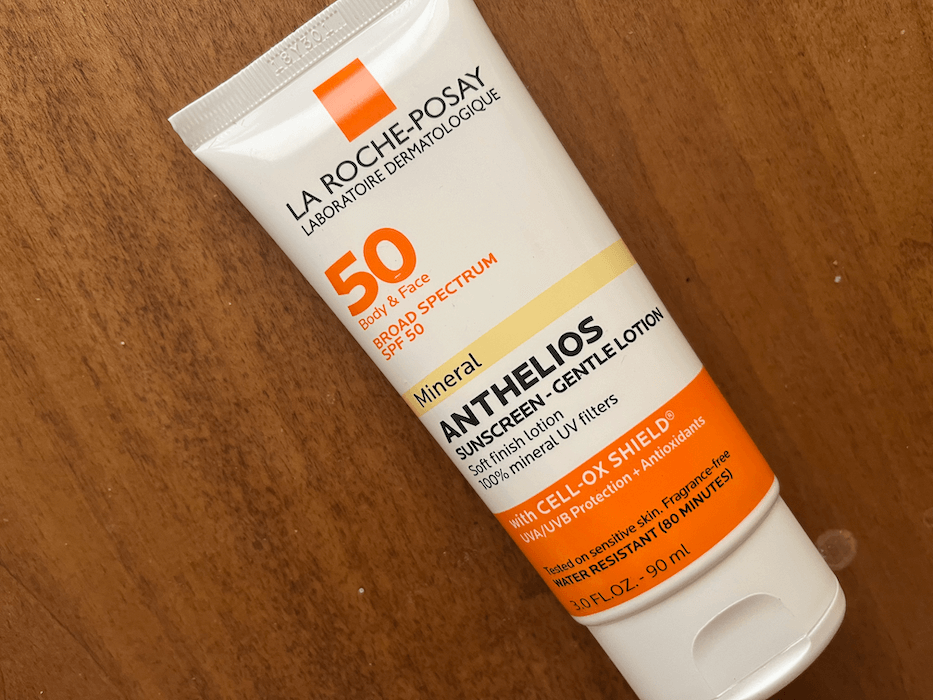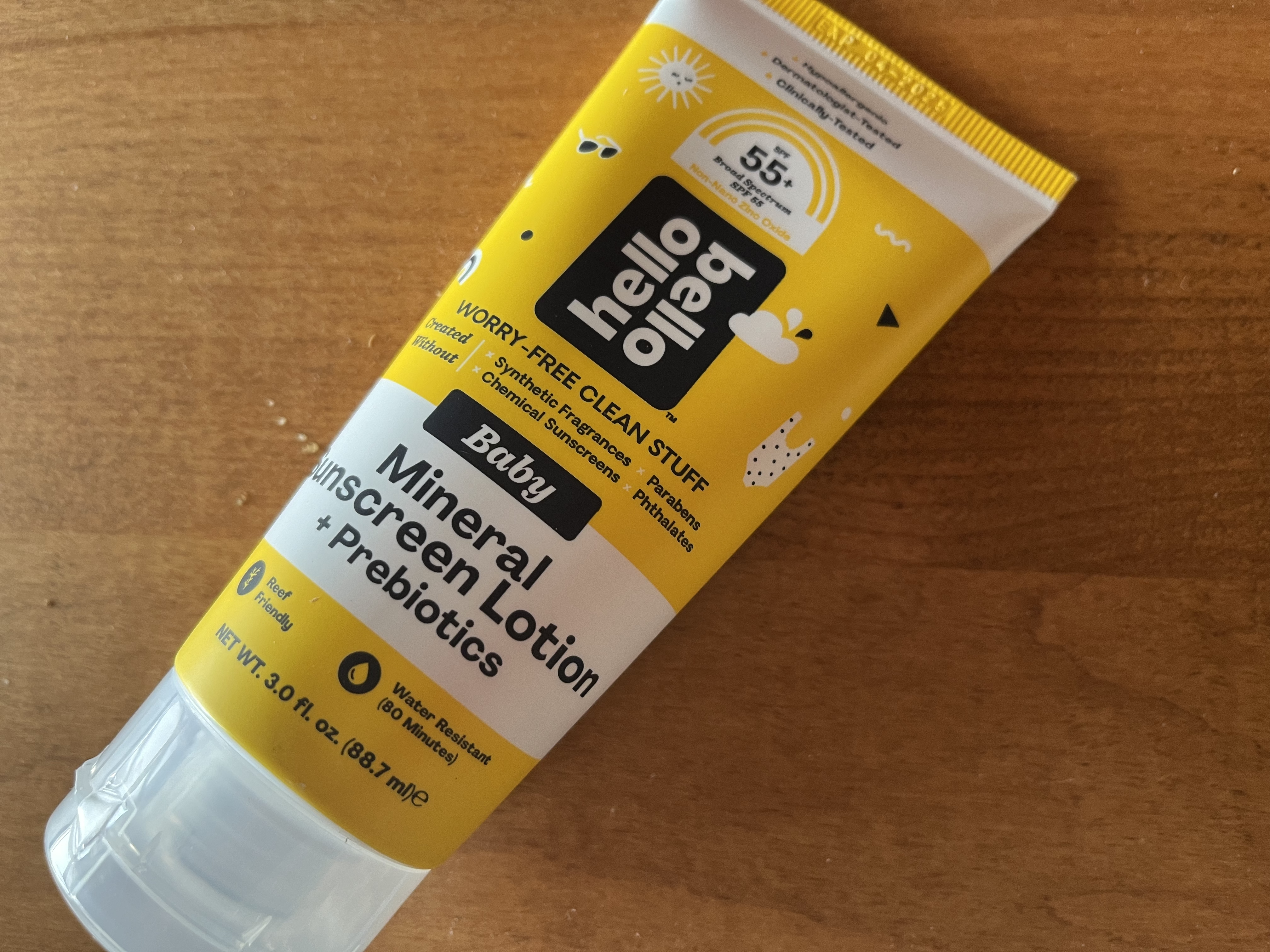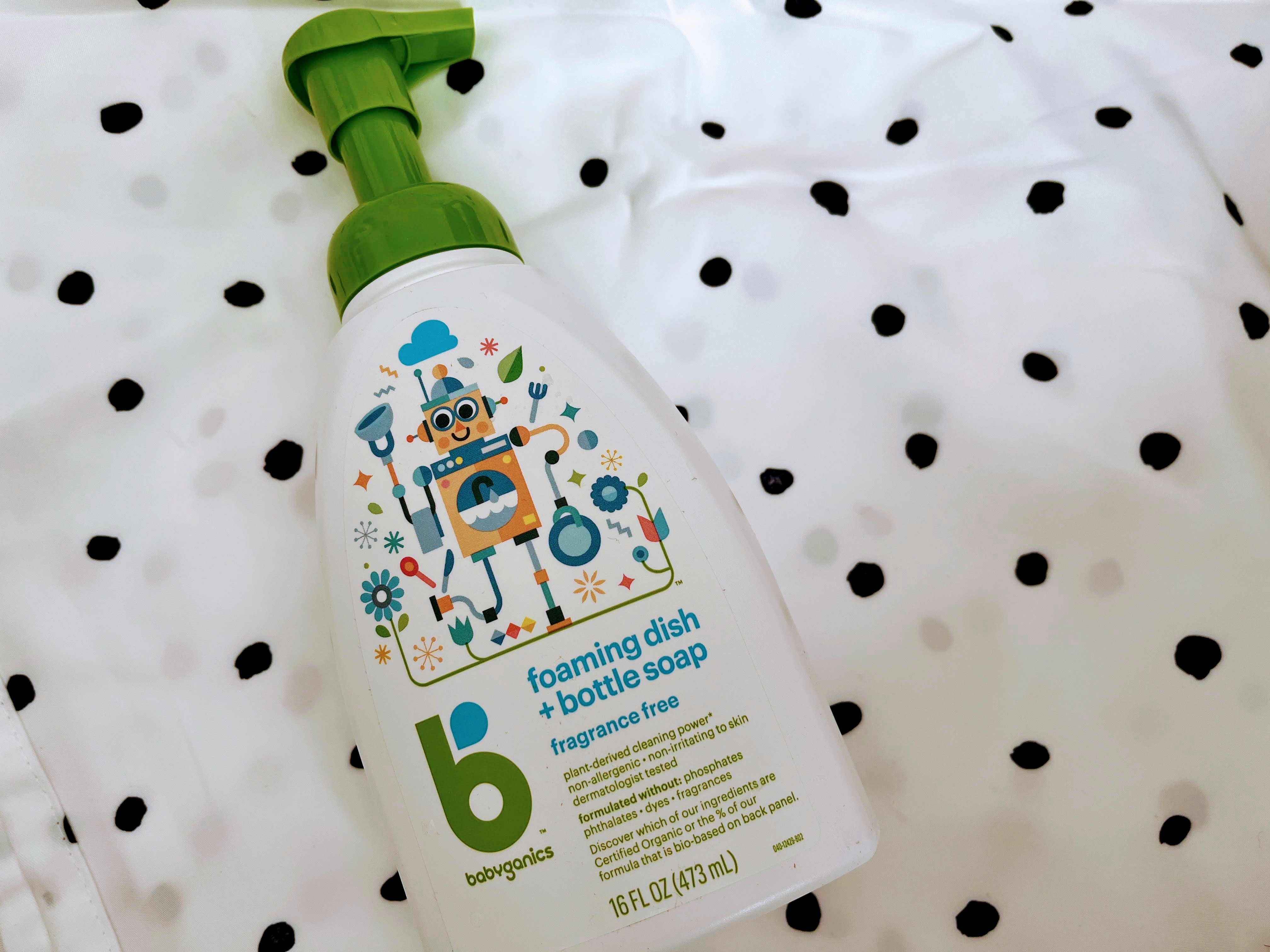What is denatured alcohol, and why is it used in personal care products?
What exactly is 'alcohol denat.' and why is it included in moisturizers and 'gentle' face washes?
You may be surprised to see how many times “alcohol” appears in the ingredients for common drug store skincare products. Isn’t alcohol drying? So why would companies include alcohols in skincare—especially in products that claim to be hydrating/moisturizing?
As someone who has sensitive skin and eczema, I reflexively avoid anything with “alcohol” in it, because I assume that it’s drying and harsh, like rubbing alcohol (isopropyl alcohol). But actually, there are many different types of alcohols, and the ones in skincare products are usually very different from the harsh alcohol in hand sanitizers (ethyl alcohol) and rubbing alcohol (isopropyl alcohol).
Alcohols in skincare
Many skincare products contain fatty alcohols like cetyl alcohol, stearyl alcohol, and cetearyl alcohol. If you start peeking at the ingredients, you’ll see just how widespread they are.
For example, Whole Foods 365 Everyday Value Gentle Skin Cleanser contains cetyl alcohol and cetearyl alcohol. As you can see, the consistency is similar to a runny lotion.

Cetaphil Gentle Skin Cleanser also contains cetyl alcohol, but lists stearyl alcohol as its second alcohol instead of cetearyl alcohol.
These cleansers market themselves as “gentle” for a reason—fatty alcohols are usually well tolerated by the skin, which means that they are much more gentle to skin than hand sanitizer (which contains ethyl alcohol, not fatty alcohols).
Still, people with some types of skin conditions may be sensitive to fatty alcohols, for example, eczema and acne. So you’ll want to keep an eye on the ingredients of products that contain these fatty alcohols, so that you can make sure that you avoid them if you determine if they negatively affect your skin or trigger flareups. Even if a product says “gentle” on the packaging, it may not actually be gentle enough for you…only you can determine what’s gentle enough for your skin.
If you have eczema, should you avoid fatty alcohols?
Vaseline Intensive Care Advanced Repair Lotion (read the full review here) contains cetyl alcohol, and I use it every night without any issues.
However, a small percentage of people with eczema may be sensitive to cetyl alcohol and stearyl alcohol (one percent of eczema patients in this study, for example). Cetearyl alcohol is just a mixture of cetyl alcohol and stearyl alcohol, so it’s probably also something you should avoid if you’re sensitive to either of those two fatty alcohols.
In FDA land, “alcohol-free” really means “ethyl alcohol-free”
According to the FDA, a product can market itself as “alcohol-free,” as long as it is free of ethyl alcohol. That’s it. Legally, any product can contain other types of alcohols, including “denatured alcohol,” or “alcohol denat.,” and still call itself alcohol-free.
What is denatured alcohol, or “alcohol denat.”?
In order to ensure that people don’t misuse products that contain ethyl alcohol, manufacturers add a “denaturant” to the alcohol that makes it unsuitable for drinking—hence the term “alcohol denat.” This ingredient also appears on some labels as SD alcohol (specially denatured alcohol). Three types are considered usable in cosmetics: SD Alcohol 23-A, SD Alcohol 40, and SD Alcohol 40-B. These are generally the same as “Alcohol Denat.,” which is the term that used across Europe and the U.S., so products that are sold internationally will typically list “Alcohol Denat.” instead of “SD Alcohol” in their ingredients.
Denatured alcohol was included as an ingredient in Banana Boat Sport Cool Zone Sunscreen (read the full review here), and my dad noted that it was probably there to dissolve the active sunscreen ingredients, as well as to help make the formula less greasy:
Dear Emily, the main ingredients that provide cooling sensation are Menthyl Lactate and Menthol, Alcohol denatured helps a little bit while evaporating too, but not as much as the two main ingredients, alcohol alone make skin dry, but this formula incorporates also water, glycerin and dimethicone, it should not dry skin out. Alcohol Denatured is used as a primary solvent to dissolve the sunscreen actives and you’re right, It will also make the sunscreen less greasy.
Denatured alcohol by any other name…
Denatured alcohol can appear under several names in the ingredient list. According to the FDA, it may be listed as:
- Alcohol Denat.
- SD Alcohol (short for “specially denatured alcohol”)
- SD Alcohol-40 (Alcohol Denat.).
- SD Alcohol 23-A
- SD Alcohol 40
- SD Alcohol 40-B
What are some examples of products that contain denatured alcohol?
- Some cooling or after-sun products contain alcohol to add a cooling effect when the alcohol evaporates from the skin, for example, Banana Boat Sport Cool Zone Sunscreen (read the review here)
- Frudia Citrus Brightening Serum (7th ingredient)
- Some gel moisturizers, like Garnier SkinActive Moisture Rescue Face Moisturizer
- Lancome Bienfait UV SPF 50+ Super Fluid Facial Sunscreen, which, as of April 29, 2018 (the day this was written), has 4.4 out of 5 stars across 347 reviews on Sephora
- Old Spice Classic Deodorant uses it to reduce underarm wetness without aluminum-based compounds. Read the review here.
Speaking of which, I’m currently combing my way through the Sephora Favorites Sun Safety Kit (which includes the Lancome sunscreen listed above) and will write a post about that soon.
TL;DR: Denatured alcohol is a personal choice
The bottom line I gathered from all of this is, fatty alcohols like cetyl alcohol, stearyl alcohol, and cetearyl alcohol may be irritating to some skin conditions like eczema and acne, so proceed with caution if you belong in those groups or have sensitive skin. If you see that denatured alcohol listed in the ingredients of any product, it may be included in a tinier amount than you think, for example, to add cooling effect when evaporating from the skin, or to help dissolve active ingredients in sunscreen. If you’re worried about it, I think it’s safer to avoid products that contain such ingredients (particularly in serums, moisturizers, and/or sunscreens because they stay on your skin basically all day or all night).
But if you already use and like a product, and then later realize that it contains denatured alcohol (perhaps under one of the many names listed above), it probably doesn’t contain enough alcohol to dry out or irritate your skin.





Share this post
RSS
Facebook
Reddit
Email